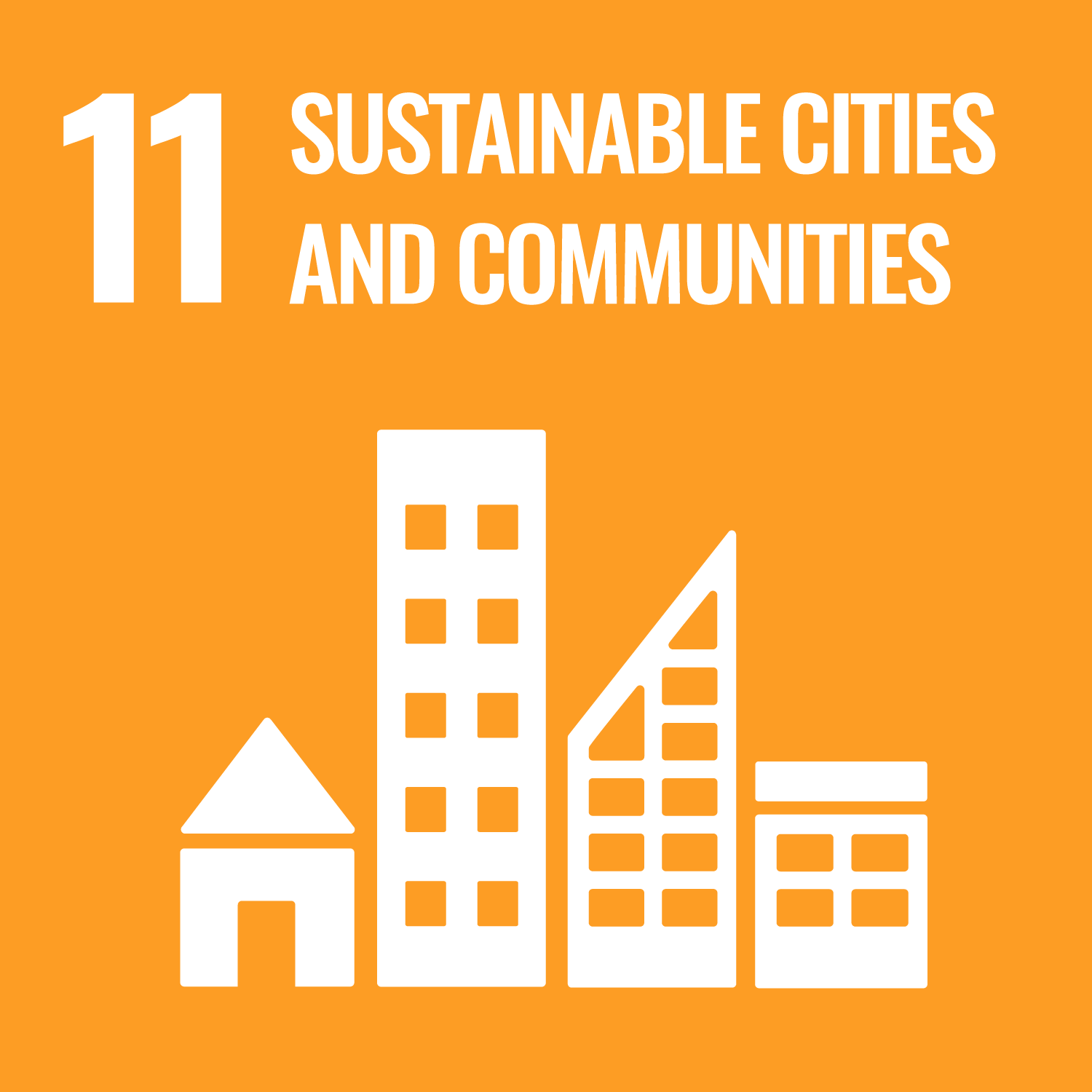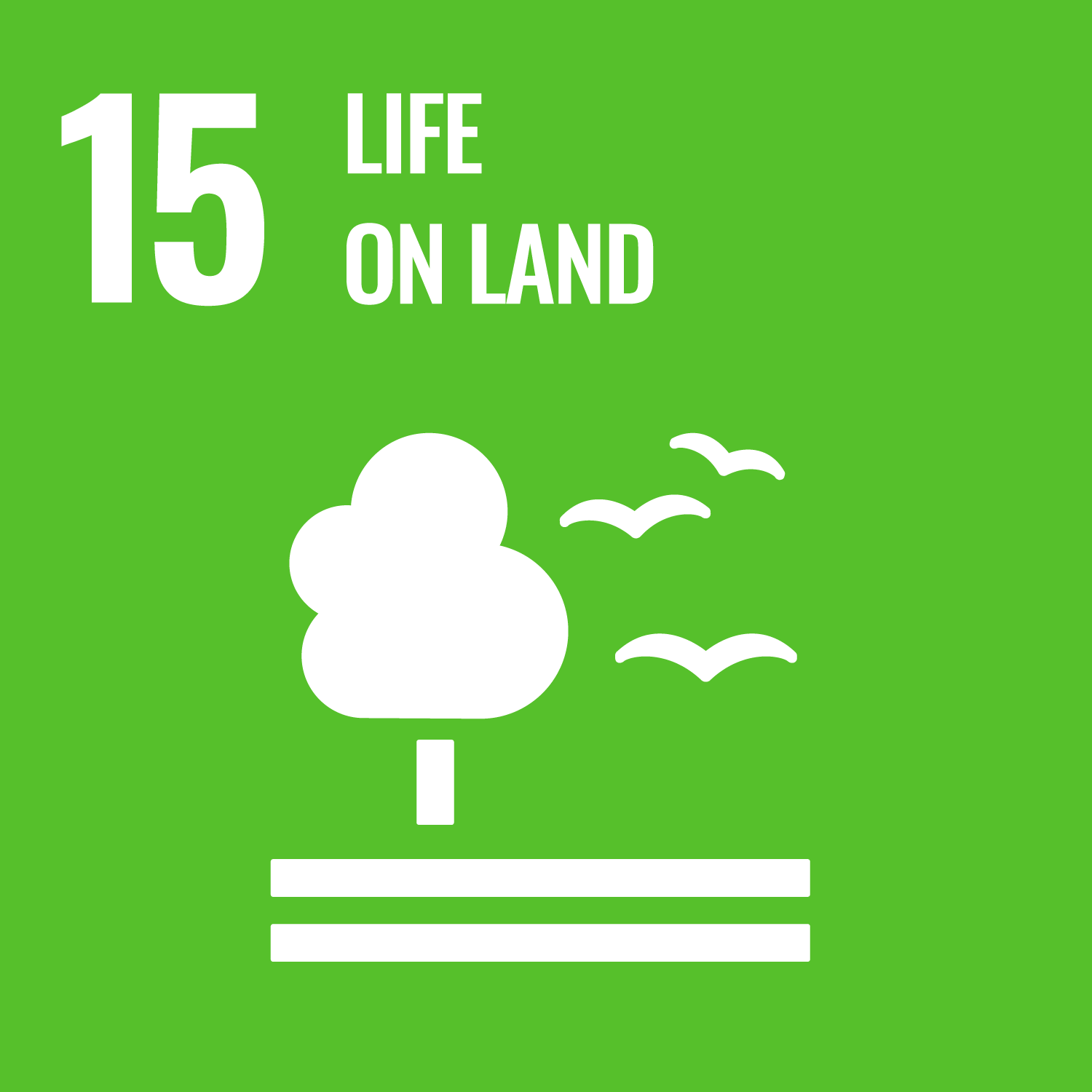ORCID
- Mick E. Hanley: 0000-0002-3966-8919
- Paul Lunt: 0000-0002-1736-317X
- Richard C. Thompson: 0000-0003-2262-6621
Abstract
Worldwide, natural habitats are being replaced by artificial structures due to urbanisation. Planning of such modifications should strive for environmental net gain that benefits biodiversity and ecosystems. Alpha (α) and gamma (γ) diversity are often used to assess ‘impact’ but are insensitive metrics. We test several diversity measures across two spatial scales to compare species diversity in natural and artificial habitats. We show γ-diversity indicates equivalency in biodiversity between natural and artificial habitats, but natural habitats support greater taxon (α) and functional richness. Within-site β-diversity was also greater in natural habitats, but among-site β-diversity was greater in artificial habitats, contradicting the commonly held view that urban ecosystems are more biologically homogenous than natural ecosystems. This study suggests artificial habitats may in fact provide novel habitat for biodiversity, challenges the applicability of the urban homogenisation concept and highlights a significant limitation of using just α-diversity (i.e., multiple metrics are needed and recommended) for assessing environmental net gain and attaining biodiversity conservation goals.
DOI Link
Publication Date
2023-10-15
Publication Title
Science of the Total Environment
Volume
895
ISSN
0048-9697
Acceptance Date
2023-06-15
Deposit Date
2024-06-11
Embargo Period
2025-06-30
Additional Links
Keywords
Alpha-diversity, Artificial structures, Beta-diversity, Coastal, Eco-engineering, Habitat fragmentation
Creative Commons License

This work is licensed under a Creative Commons Attribution-NonCommercial-No Derivative Works 4.0 International License.
Recommended Citation
O'Shaughnessy, K., Knights, A., Hawkins, S., Hanley, M., Lunt, P., Thompson, R., & Firth, L. (2023) 'Metrics matter: Multiple diversity metrics at different spatial scales are needed to understand species diversity in urban environments', Science of the Total Environment, 895. Available at: 10.1016/j.scitotenv.2023.164958



